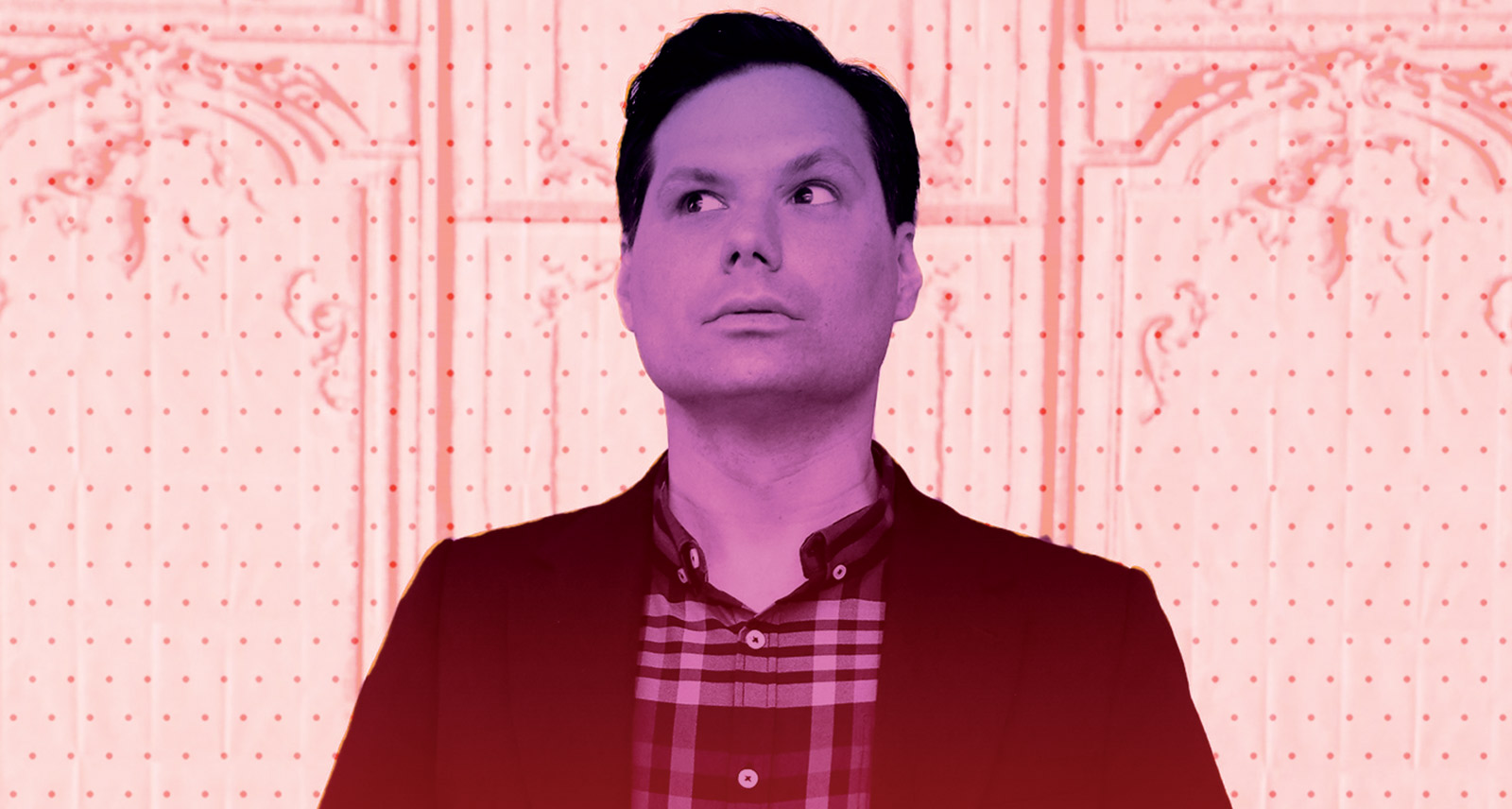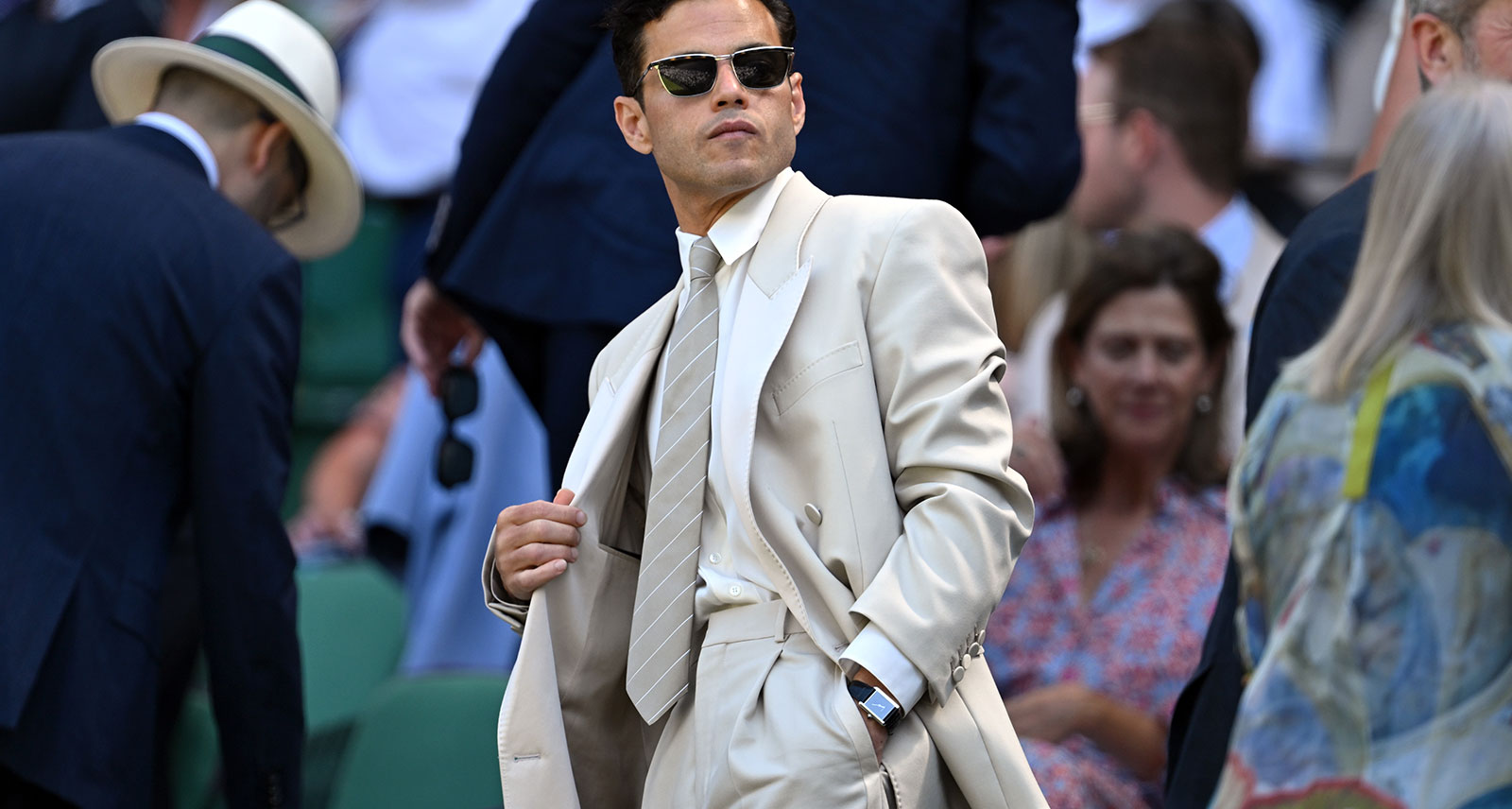Michael Ian Black Wants You to Ask for Help
Comedian, actor and director Michael Ian Black is known for his roles in cult hits like summer camp satire Wet Hot American Summer and The Bachelor parody Burning Love. But behind the scenes, he’s also been quietly tackling the ills of the patriarchy and traditional masculinity. In his new book, A Better Man: A (Mostly Serious) Letter to My Son, Black shares his wisdom on navigating manhood in today’s complex world.
What motivated you to write this book?
The two big ones were that my son was about to graduate from high school and head into the world, and that was a good thing and kind of a bittersweet thing, and then, concurrent with that was a mass shooting at Marjory Stoneman Douglas High School. But what I hadn’t done is connect the dots between guns and the people pulling the trigger, and the people pulling the triggers are almost always young men. I started to ask why is it that men commit so much of the violence in this world, in the US in particular. And that led step-by-step to this book.
Shootings do seem to be a uniquely male phenomenon.
It is. And it’s so obvious that we never talk about it. I didn’t hear anybody else talking about it, so I started to.
What did you learn over the course of writing it?
There were two things. In a New York Times op-ed that I wrote when I first started doing this work, I used the phrase “boys are broken.” I kind of regret using that phrase because it implies that there’s something kind of irretrievably lost among boys, and I don’t think there is. There are so many ways that we need help, but I want to start from a foundation of the positive. The second is this idea of masculinity itself needing to be reinvented, that it’s inherently toxic, and I don’t think that’s true.
As a straight white guy talking to his straight white son, how did you approach talking about issues like systemic racism?
I’m really careful in the book to make sure that I say exactly that: I am a white heterosexual dude speaking to his white heterosexual son. And I don’t want to speak for essentially anybody else because I can’t, and because of that, I want him to be aware of all that that entails. Not to feel bad about it, but to understand his place in the social pecking order. He has endless opportunities and there’s a set of special responsibilities that comes with that, which is that you have to look out for everybody else.
You also talk about why men struggle to ask for help, but how important it is to do. Is there a time where you needed to ask for help but couldn’t?
I write in the book that the three hardest words to say aren’t “I love you,” they’re “I need help.” And it’s true. We’re trained to raise our defences as much as possible to protect ourselves, and when you say “I need help”, you’re basically lowering your defences and you’re creating a situation that could be perceived as weak, and that’s anathema to a lot of guys. I recently went hiking by myself on the Appalachian Trail and became fairly severely dehydrated. I just couldn’t continue and had to lie down on the forest floor feeling sick and gross. I heard a couple of hikers behind me coming up, and I was praying that they didn’t turn to me because the last thing in the world I wanted to do was ask for help. And that’s just how guys are — it’s just ridiculous. And I’m no better than anybody else. You know, I was really struggling and yet I was so mortified in that moment, that I was this inexperienced idiot who couldn’t see fit to get himself to a campsite, that I really would have just preferred the earth to swallow me whole then deal with that embarrassment.
You talk about meeting your wife and navigating the societal expectations for men around sex and relationships. What do you think needs to change about the way men approach dating?
I will say that the gender norms that you’re talking about are remarkably persistent. Guys are simultaneously tasked with often pursuing a relationship, but at the same time being told don’t pursue, don’t chase. We’re still kind of expected to be the aggressor, but not too aggressive. We are asked to be gentlemen, but not sexist. There’s a lot of conflicting messages for guys around how to treat dating and relationships. And I don’t know what the solution is, because I don’t feel like those gender norms are going anywhere anytime soon. I will say that the one thing that I think we can get better at, assuming that this we’re talking about heterosexual relationships, is communication and listening and being as forthright about what’s happening as possible.
I say in the book, for example, like, I don’t have any problem with the idea of a one-night stand, and I say that to my son – you want to have a one-night stand, great, have one every night of the year, if you want. But communicate with your partner that that’s what’s happening. If that person doesn’t want that, then you need to know that. And she has an obligation also to speak to you about what she wants. And I’m really clear on matters of consent. I’m also really clear, because I don’t think this is discussed enough, that you as a man do not have to pursue sex. You may be mistaking what you think is a desire for sex, as I did, as a desire for intimacy. And those are different things. You need to self-interrogate a little bit about that. I mean, if you have a one night stand, and you wake up the next morning, and you’re feeling kind of like shit, you should ask yourself why.










